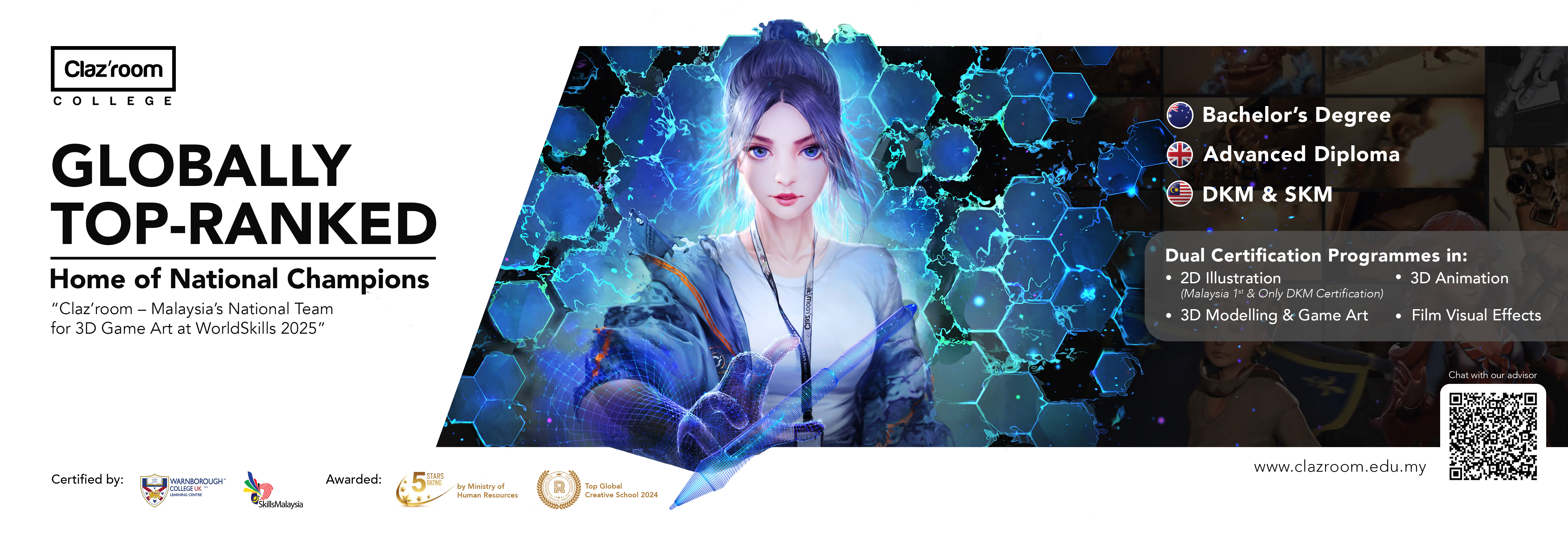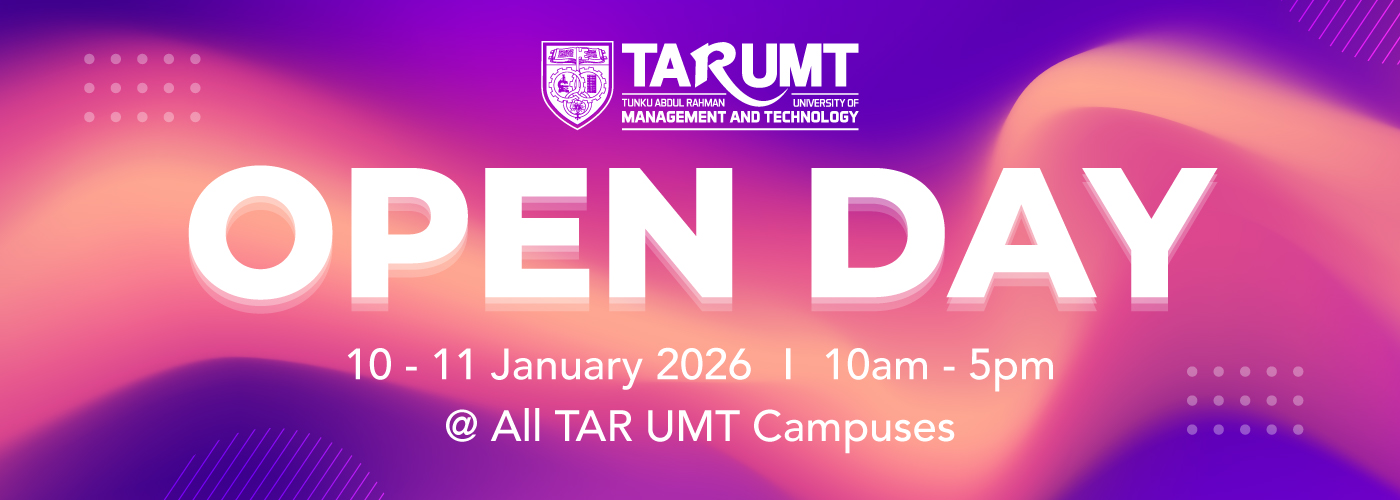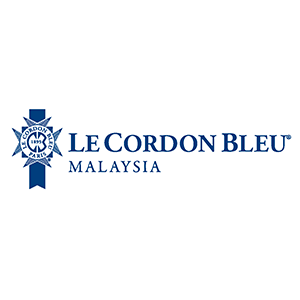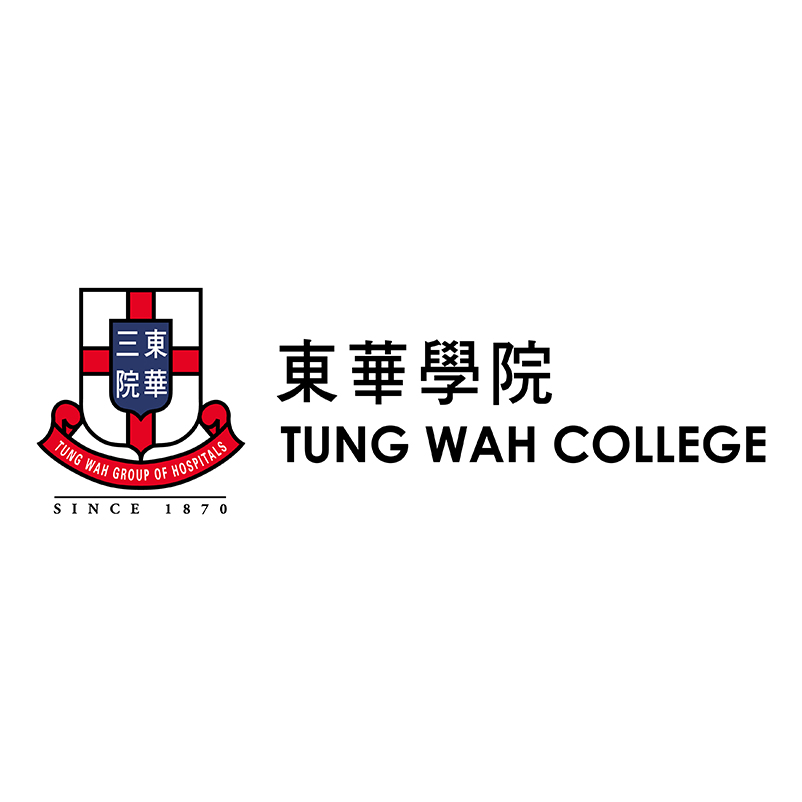International Development Practice (MA)
Implementing the UN’s Sustainable Development Goals (SDGs) is the biggest challenge facing our planet today. The dynamic MA in International Development Practice (MIDP) at NUI Galway focuses on the wide-ranging social, economic, political and environmental challenges of our rapidly changing world. Spanning global concerns, from sustainable development and climate action to food security and alleviating poverty, this MA’s focus on international development challenges enables you to develop your capacities to understand and engage with both theories and practices relating to contemporary international development as a distinct career path, with a strong emphasis on inter-disciplinarity. Given that international development challenges are multi-dimensional, they require interlinked strategies across multiple disciplines and perspectives. The programme is led by highly experienced staff who work in multilateral agencies, and have a background in human rights, policy, planning, gender, migration etc, along with practical field-based research experience across many countries worldwide.
Objectives of the Programme:-
- Equip you with the theoretical and evaluative capacity to critically interrogate development policy and practice from a range of multidisciplinary perspectives.
- Develop the skills required to analyse the multi-dimensional challenges inherent in sustainable development and to work in a development programme implementation environment.
- Build competencies that are required to work professionally in an international development context/organization.
The MIDP contains core modules in development theory, policy and practice that incorporate academic, practitioner and policy orientations to link development theory and practice. Building upon this, the programme then provides a number of elective pathways through which you develop interdisciplinary expertise in key development issues, including environment, gender, human rights, food security, climate change and agriculture. Through these cross-college elective pathways you are afforded a unique opportunity to build on previous learning experiences and develop a specialised prospective career path. You will have the opportunity to combine the study of the socio-technical aspects of development practice with a reflective practice based learning experience. The programme culminates with a practice-based dissertation in which students undertake a research placement in a development organisation.
The core modules in semesters 1 and 2 that make up 40 ECTS include:-
- An introduction to development, covering international development theories and frameworks
- International development policy and practice including project management (formulation, appraisal, monitoring and evaluation), and covering a range of actors and development policies
- Data analytics and statistics for social scientists, so students can critically analyse data for development practice
- A development perspectives seminar series featuring invited international development practitioners from the UN, NGOs, research agencies
- Research communications for development, where students learn to develop their own website and critique sources of international development information.
You then choose from a large range of thematic elective modules to make up a total of 20 ECTS. The thematic pathways are:-
Climate change, agriculture and food security
- Modules options include policy and scenarios for climate change adaptation and mitigation, climate change nutrition and global health, natural resources and livelihoods and gender and climate change.
Development, security and governance
- Module options include geopolitics and security, a historic analysis of NGOs, development and justice concepts and practice
Human Rights
- Modules options include international human rights law, international humanitarian law, migration law, business and human rights, gender and human rights, international refugee law, minority rights and rights of indigenous peoples
Gender
- Modules options include gender and conflict, gender sexuality and global health, applied gender analysis and policy, gender perspectives on globalization, human rights, women and gender.
Sustainable development practice
- Modules options include social marketing and sustainability, an introduction to sustainable business, designing a sustainability research fellowship proposal, writing peer-reviewed research articles on sustainability issues.
Some pathways allow for off-campus learning in semester 2.
- Online learning: there are options for on-campus or on-line mode of delivery in semester 2.
- Students will complete a 30 ECTS Research Project in collaboration with an international organisation or a international development research project.
Minimum of Second Class Honours (Second Division)/2.5/4 CGPA
Second Class Honours (First Division)/3/4 CGPA
1st Class Honours/3.5/4 CGPA













